Publications
Articles, publications, books, tools and multimedia features from the U.S. Institute of Peace provide the latest news, analysis, research findings, practitioner guides and reports, all related to the conflict zones and issues that are at the center of the Institute’s work to prevent and reduce violent conflict.
Question And Answer
Amid a Changing Global Order, NATO Looks East

Leo Siebert on Tunisia’s Presidential Elections
Last week, Tunisians voted for “a wholesale dismissal of everyone who’s governed before” in the first round of presidential elections, said USIP’s Leo Siebert. And with parliamentary and runoff elections upcoming, a string of free and fair elections could help Tunisia “prove to the world, and be a model to its neighbors, that democracy is possible.”
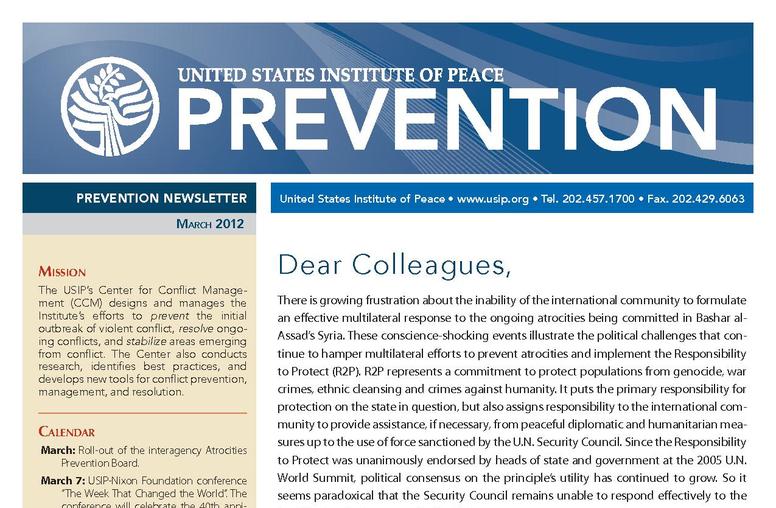
USIP Prevention Newsletter - March 2012
The March 2012 Prevention Newsletter features a spotlight on U.S.-Pakistan Relations: The year 2011 saw a progressive deterioration in the U.S.-Pakistan relationship. But despite the fact that mutual mistrust is probably at an all time high, there is no appetite to allow the relationship to rupture.
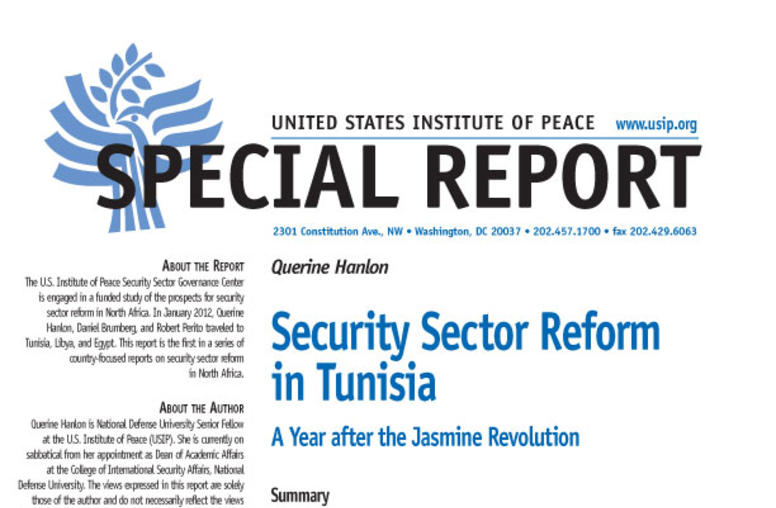
Security Sector Reform in Tunisia
The long-term success of Tunisia’s new democracy hinges on efforts to reform its security sector. Most in need of reform are the police, gendarme, and interior ministry.
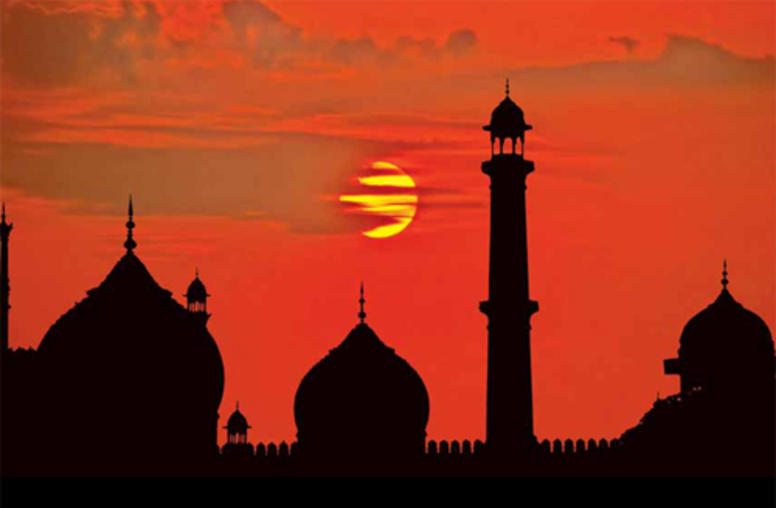
The Islamists Are Coming (Book)
The Islamists Are Coming is the first book to survey the rise of Islamist groups in the wake of the Arab Spring. In this book, Robin Wright offers an overview and 10 experts identify Islamists in Algeria, Egypt (two), Jordan, Lebanon, Libya, Morocco, the Palestinian territories, Syria, and Tunisia. Each chapter is designed to help both a general audience and specialists.
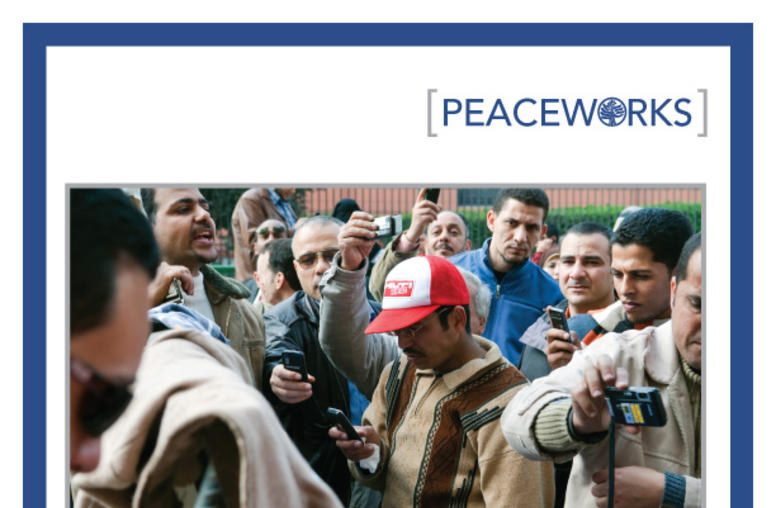
Blogs and Bullets II: New Media and Conflict after the Arab Spring
Based on Twitter and Facebook data gathered during the 2011 Arab revolutions, the authors of this Peaceworks report find that new media informed international audiences and mainstream media reporting, but they find less evidence that it played a direct role in organizing protests or allowing local audiences to share self-generated news directly with one another.
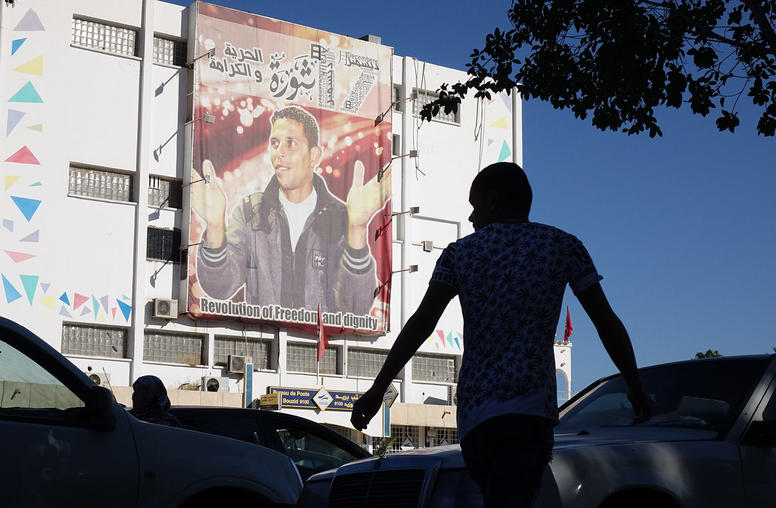
Tunisia: Democratic but Precarious
Amid central Tunisia’s dry farmlands, the city of Sidi Bouzid bustled one recent day under warm autumn sunshine. Street vendors and shoppers jostled under the roof of a new, open-air market, selling and buying produce or cheap clothes. Seven years after an impoverished street vendor in this city immolated himself and ignited the Arab Spring revolutions, his homeland has achieved a precarious stability. By many measures the Arab world’s only democracy, Tunisia remains hobbled by corruption, unemployment and violent extremism.
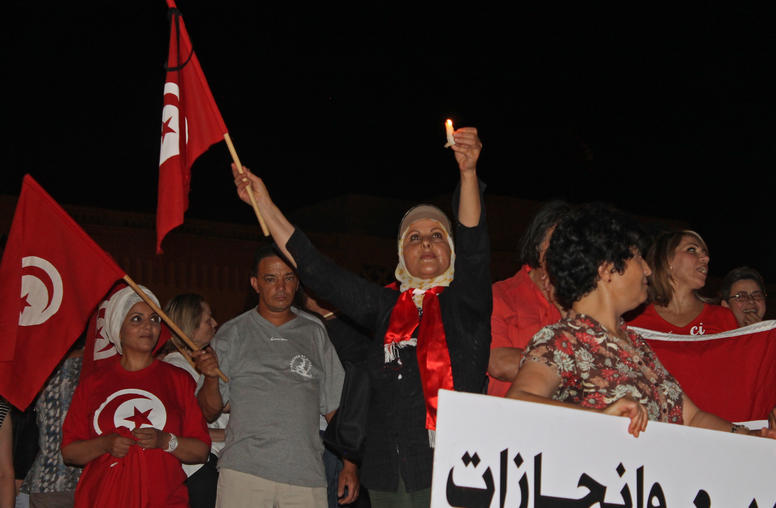
How Can U.S. Better Help Tunisia to Curb ISIS Recruitment?
As Tunisia last month celebrated the 2011 overthrow of its dictatorship, thousands of young Tunisians protested in streets nationwide, often clashing with police. Young Tunisians widely voice an angry despair at being unemployed, untrained for jobs, and unable to build futures for themselves. The single democracy to have arisen from the Arab Spring uprisings is undermined by the feelings of hopelessness among many youth, and by their exploitation by extremist groups linked to ISIS and al-Qaida. To help Tunisian, U.S. and other efforts to build hope for Tunisia’s youth, a small, USIP-funded project is measuring which kinds of programs are actually effective.
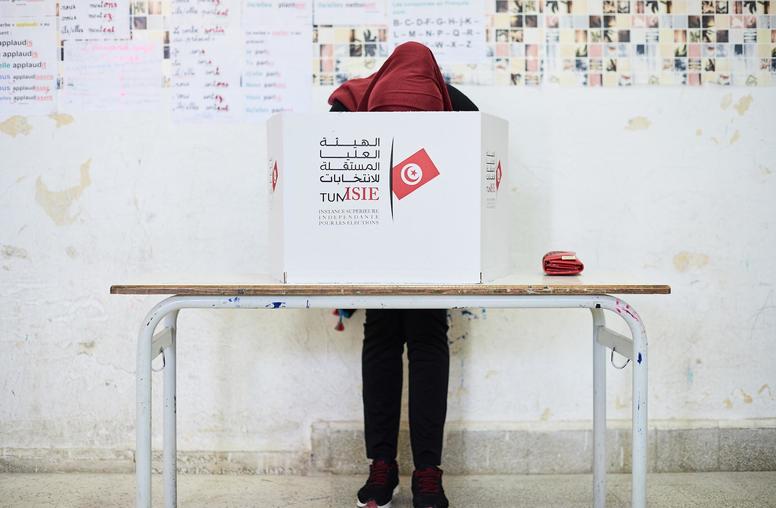
Will Tunisia's First Local Elections Advance its Democracy?
It has been over seven years since Mohamed Bouazizi’s protest sparked an uprising that led to the overthrow of longtime Tunisian dictator Zine El Abidine Ben Ali and spread throughout the Middle East. While the promise of the early days of the Arab uprising has evaporated throughout much of the region, Tunisia has continued its democratic transition in the face of economic and security challenges.
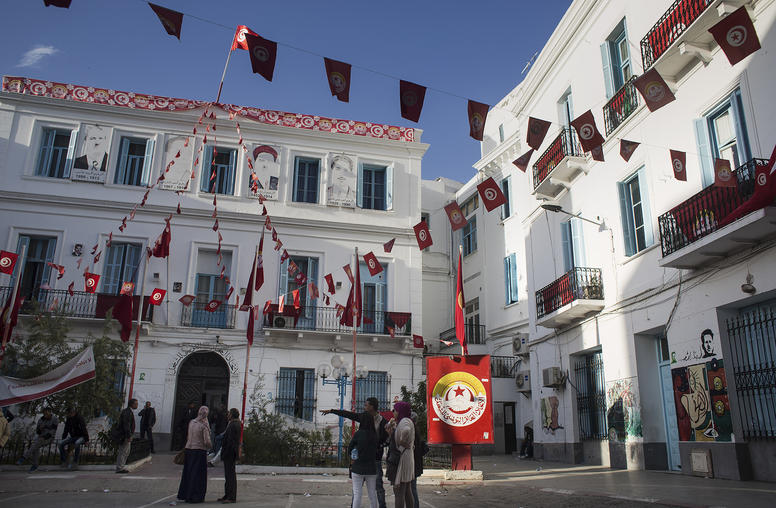
North Africa’s Fragility Provides Fertile Ground for ISIS
The U.S. Institute of Peace asked our Mike Yaffe and the American Enterprise Institute’s Emily Estelle for their insights on confronting the terrorist threat in Libya and Tunisia and addressing governance challenges in the two North African nations.
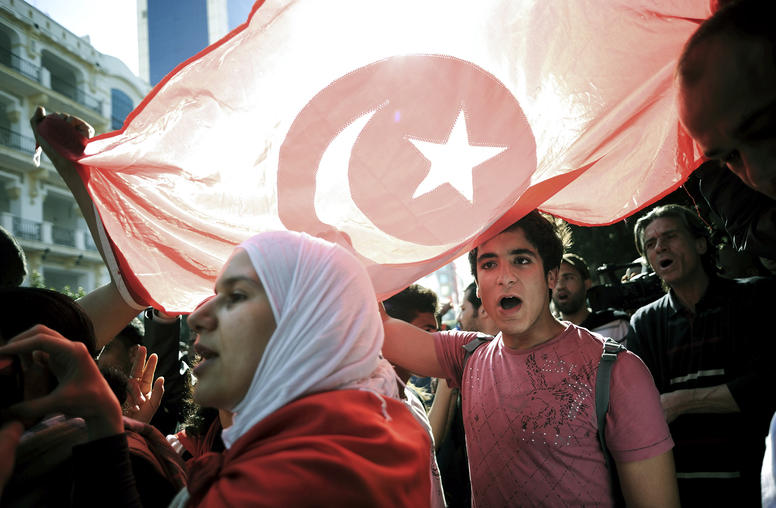
Tunisians Show Support for Democracy, Disillusionment with Ruling Elite
The surprise results of Tunisia’s first-round presidential election gave a clear message to the country’s political establishment: Tunisians want change and they want it now. Neither of the two winning candidates set to face off in the second round have ever held political office nor are affiliated with the political parties that have led Tunisia’s transition. Many of the issues that sparked the uprising eight years ago—like corruption and unemployment—continue to bedevil the North African nation. Yet the first-round vote demonstrates that Tunisians aren’t willing to give up on democracy and want new leaders.